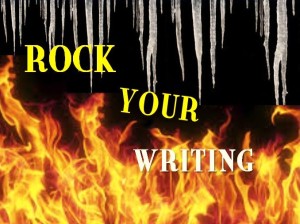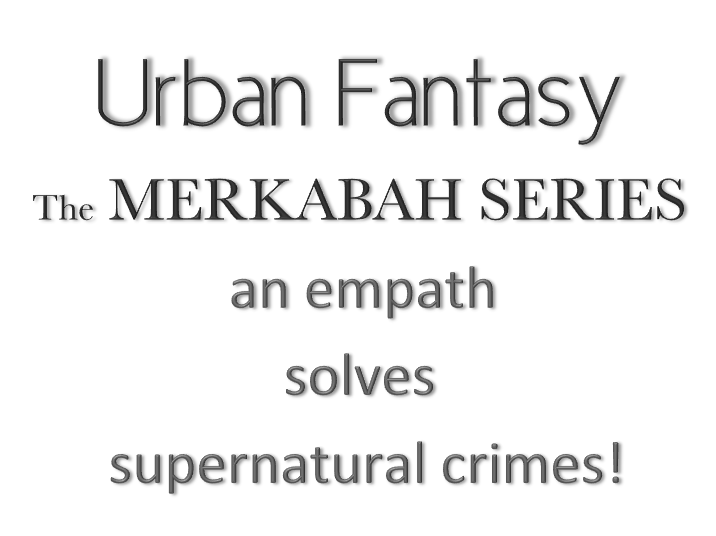 These powerful elements are fraught with symbolic significance, their meanings stemming from a myriad of religious beliefs, legends, and myths.
These powerful elements are fraught with symbolic significance, their meanings stemming from a myriad of religious beliefs, legends, and myths.
Fire and water represent a world of power,destruction, ambiguity, duality, and divinity.
Whether earthy or otherworldly, these forces of nature are feared and loved with equal fervor. No wonder authors love playing with their multiple meanings in poetry and literature.So how does an author convey their intent with two symbolic heav -hitters?
Authors will use additional words in the paragraph/ sentence to reveal: 1) particular symbolic meanings; 2) character; 3) ambiguity of a theme’s dichotomy; 4) irony; 5) all of the aforementioned; and/or 6) a plot device. Fun, yes?
(See Word Magic for ways Ray Bradbury uses fire imagery.)
Fire is:
-
war and chaos
-
linked to the sun or lightning
-
associated with to passion, creativity, anger, or wrath
-
a method of purification
-
a way to regeneration—the Phoenix rises from the ashes
-
knowledge—Prometheus brought fire to people and suffered grievously for it
-
violence and destruction
-
God’s glory—Moses and the burning bush or the flaming hearts of Christianity
-
elevated us from the animals
-
the eternal flame above an alter
-
the flames of hell
A few fire gods & creatures:
-
Vulcan; Roman god also associated with volcanoes and craftsmanship, as one forges weapons and tools from fire.
-
Chu Jung is the Chinese god who punished those who broke heavenly laws
-
Chantico is the Aztec goddess of the hearth and volcanoes, and the patroness for goldsmiths
-
Sekhmet: A woman (usually) with a lioness’s head, this Egyptian god killed enemies with arrows of fire and kept a fire-spewing snake at her side.
-
Agni: This Vedic god ( means fire in Sanskrit) is often depicted with two heads indicating both his merciful and destructive nature
-
Maui, a Polynesian god who stole fire from the Earth mother.
- Ifrit, although not a god, is an Arabic and Islamic supernatural creature of fire who is usually portrayed as evil.
- salamander—also not a god—who is one of the 4 elementals.
Water is:
-
divine wrath—almost every religion has a version of the flood story
-
transforming
-
changeable—from stagnant to raging, from shallow to deep
-
destroys
-
purifies—baptism
-
primordial, as all life sprung forth from its ooze in many creation myths
-
life-giving—Fountain of Youth
-
fertility and irrigation
-
a natural and symbolic barrier to another place (or realm)
-
reflecting—although it led to Narcissus’ drowning
-
a method of transition to the next life
-
a method of torture
-
divination
-
healing
-
the Four Rivers of Paradise
-
the river Styx separating Earth from Hades
-
sacred—from Holy Water to the Ganges
A few water gods & creatures:
-
Poseidon/Neptune is the god with the trident who rides upon dolphins and controls the seas
-
Sedna is the Inuit sea goddess ruling over all sea creatures
-
Charybdis is the monster daughter of Poseidon and takes the form of a whirlpool that sucks in unsuspecting sailors
-
mermaids/selkies
-
encantatos
-
Undines—one of the 4 Elementals
-
Nerieds/Naiads/Ningyo/Yawlyawk
-
Sirens
-
and let’s not forget Mami Wata, Jengus, Makaras, Hippocamps, Bunyips, Adaros, Kappas, Grindylows, Bishop Fish, Cetus, Kraken…and I’m sure I missed a few!
Think of all the FUN an author can have with fire and water! The names of the gods and creatures alone are fodder for countless symbolic names—first or last!
Related Links: Rock Your Writing; Click Amazon for novels.















